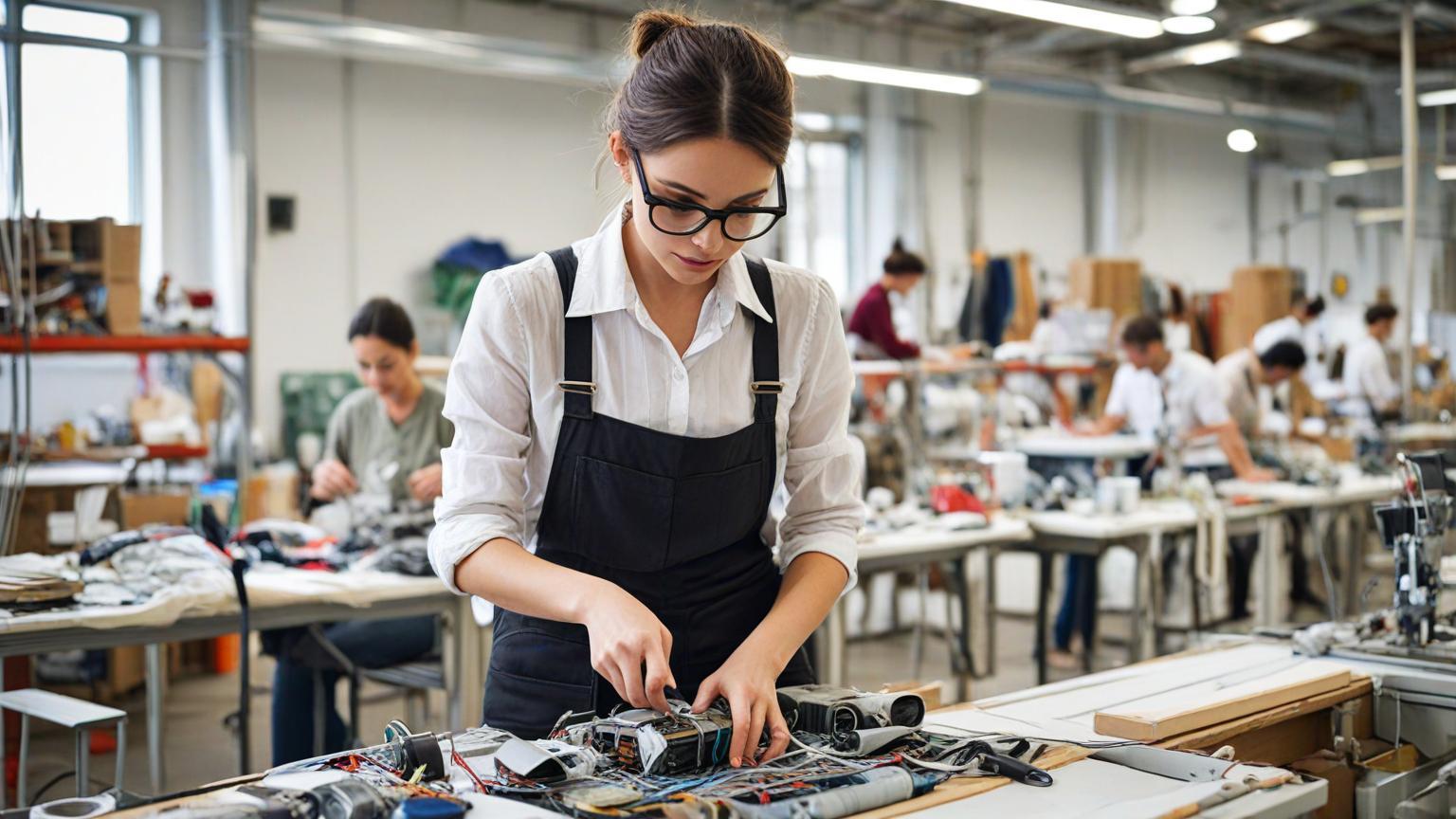In recent years, the fashion industry has been undergoing a transformative journey. A new wave is sweeping across runways and retailers, giving rise to a vibrant future that blends style with substance. This movement isn't just about aesthetics; it's about a commitment to the environment, ethics, and economies. Welcome to the world of sustainable fashion, where the narrative of 'fast fashion' is being reconsidered, and 'eco-chic' becomes more than a passing trend.
The sustainable fashion movement has become a beacon for both designers and consumers. In a world increasingly aware of climate change and environmental impact, the demand for sustainable practices in fashion is louder than ever. Brands are adopting new, cleaner production processes and materials, while consumers are making more informed purchases, prioritizing quality over quantity.
From eco-friendly fabrics to zero-waste production methods, designers are constantly experimenting and innovating. Take Stella McCartney, for instance, a longstanding advocate for sustainable fashion. Her collections have consistently featured vegetarian and cruelty-free elements long before it was fashionable to do so. Similarly, other brands are following suit, bringing materials like organic cotton, recycled polyester, and plant-based dyes into the spotlight.
Yet, the road to sustainable fashion is not without challenges. One significant obstacle is the cost. Sustainable materials often come with a heftier price tag, which can deter mass-market retailers and price-sensitive consumers. However, as innovation continues and production scales up, these costs are expected to decrease.
Another hurdle is transparency. For the sustainable fashion movement to gain true traction, brands must be completely transparent about their manufacturing practices and sourcing. Consumers are demanding this transparency, wanting to know the journey of their garments from seed to store. Enter initiatives like Fashion Revolution's 'Who Made My Clothes?' campaign, which urges brands to disclose their supply chains.
Furthermore, consumer behavior plays a critical role in steering the industry towards sustainability. The concept of a 'circular economy' is being championed, where products are designed for reuse, recycling, and biodegradability. Innovations like rental fashion services and second-hand marketplaces are gaining popularity, proving that tomorrow's fashion consumers are ready to wear the change they want to see in the world.
Nevertheless, critics argue that the term 'sustainable fashion' is becoming a marketing gimmick. The rise of 'greenwashing'—where companies exaggerate their environmental efforts—poses a threat to true progress. Thus, staying informed and critical is crucial for consumers who genuinely wish to support sustainable initiatives.
Despite these challenges, sustainable fashion represents a promising opportunity for the industry. It's a chance to redefine what fashion means in the 21st century, aligning design and production with the values of our times. The journey isn't straightforward, but with each step, the collective impact grows more significant.
As we look to the future, one thing is evident: sustainable fashion is not just a passing trend; it's a lasting revolution. Designers, brands, and consumers are joining forces to champion a cleaner, greener, more ethical fashion landscape. And as innovation continues to flourish, eco-chic is set to redefine the style of the new era.
The future of sustainable fashion: navigating the eco-chic movement

